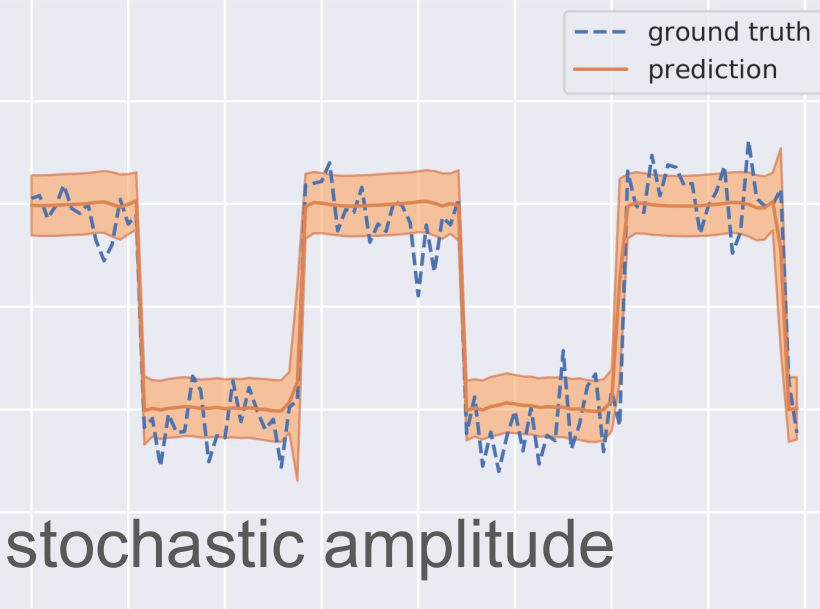
Uncertainty in deep learning

Our world is full of uncertainties: measurement errors, modeling errors, or uncertainty due to test-data being out-of-distribution are some examples. Machine learning systems are increasingly being used in crucial applications such as medical decision making and autonomous vehicle control: in these applications, mistakes due to uncertainties can be life threatening.
Deep learning have demonstrated astonishing results for many different tasks. But in general, predictions are deterministic and give only a point estimate as output. A trained model may seem confident in predictions where the uncertainty is high. To cope with uncertainties, and make decisions that are reasonable and safe under realistic circumstances, AI systems need to be developed with uncertainty strategies in mind. Machine learning approaches with uncertainty estimates can enable active learning: an acquisition function can be based on model uncertainty to guide in data collection and tagging. It can also be used to improve sample efficiency for reinforcement learning approaches.
In this talk, we will connect deep learning with Bayesian machine learning, and go through some example approaches to coping with, and leveraging, the uncertainty in data and in modelling, to produce better AI systems in real world scenarios.
Learning Machines Seminars at RISE Research Institutes of Sweden, 2020-11-05
Olof Mogren